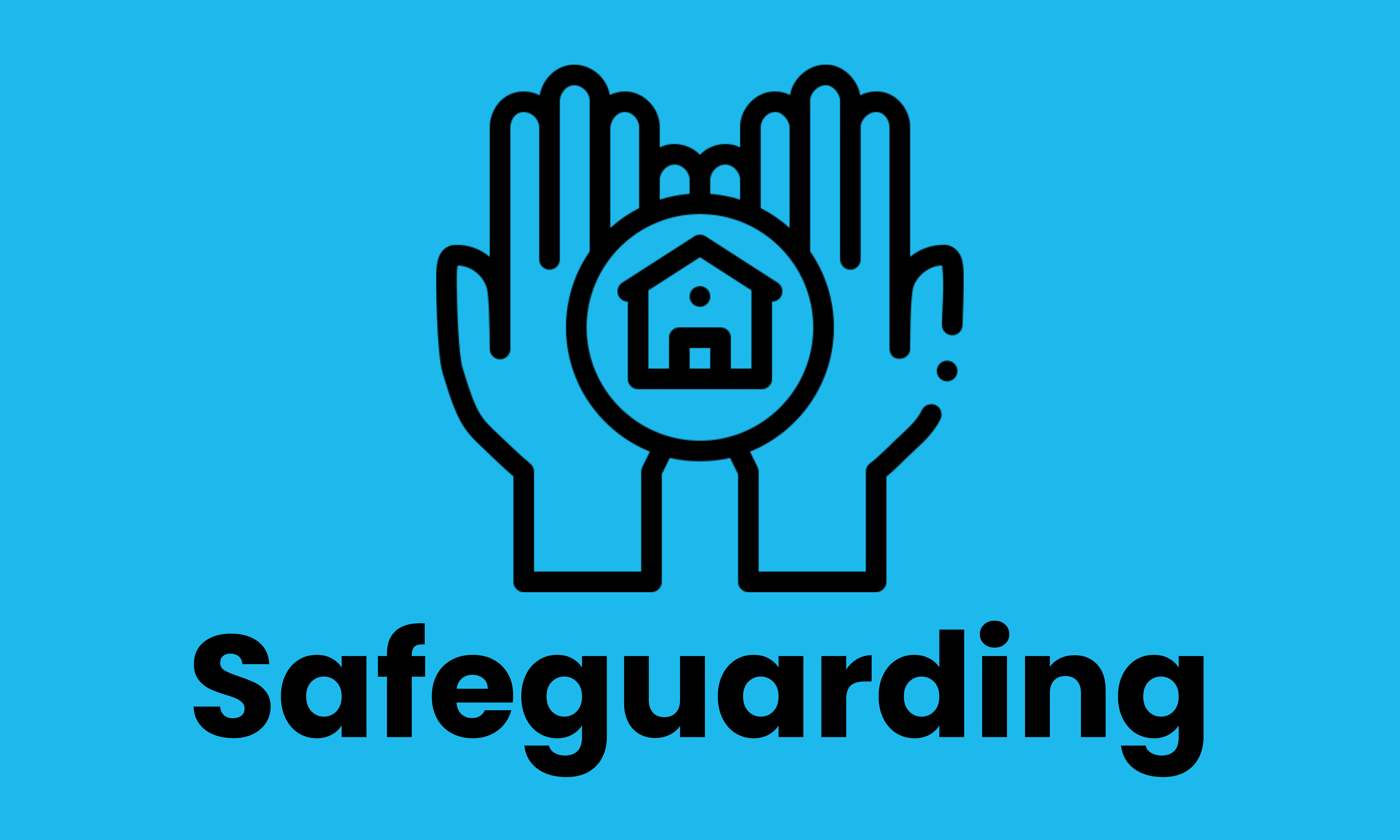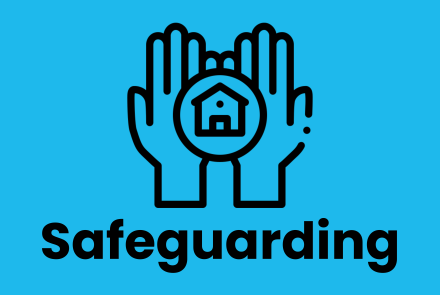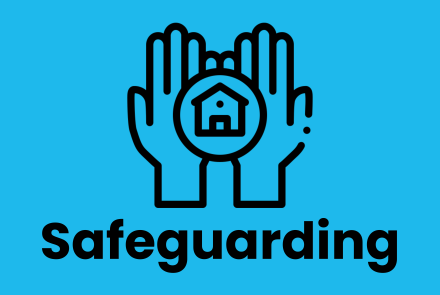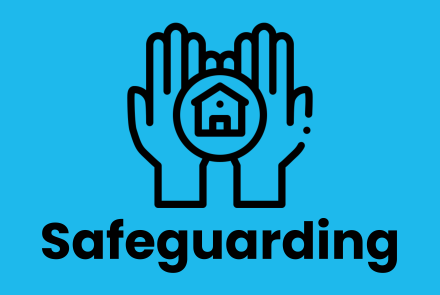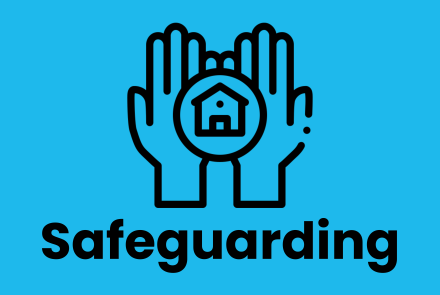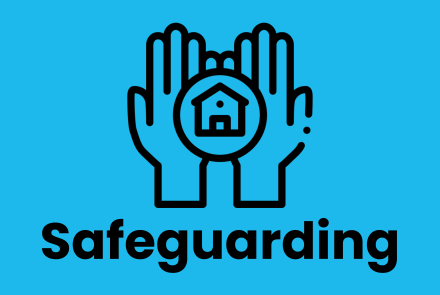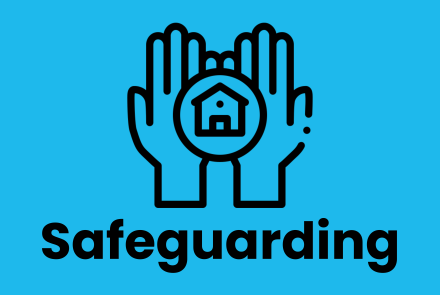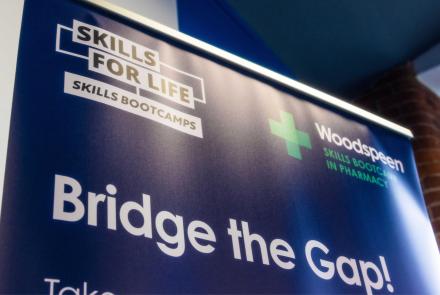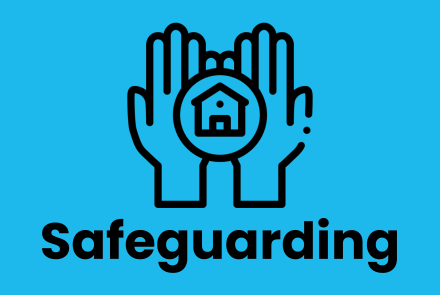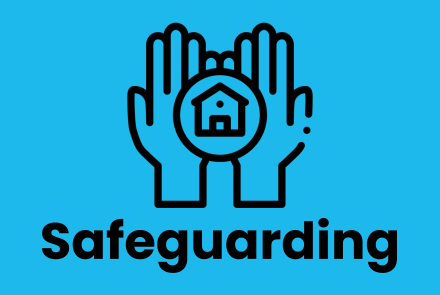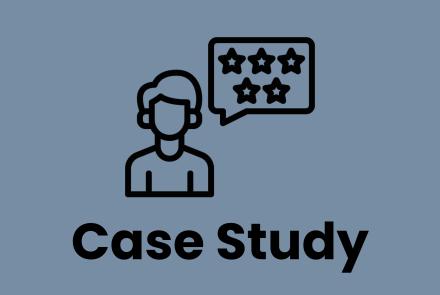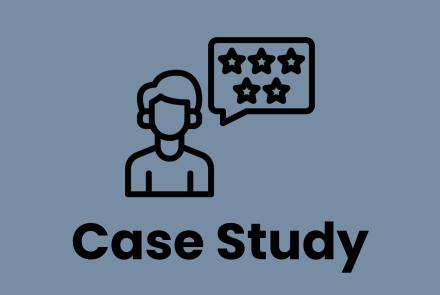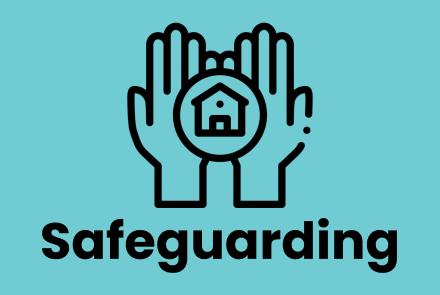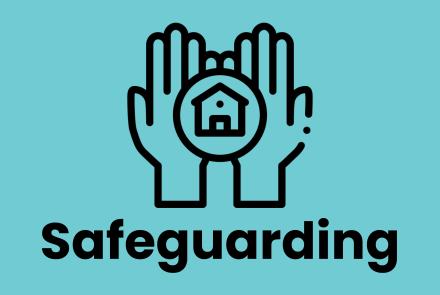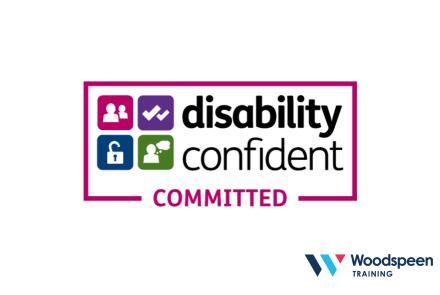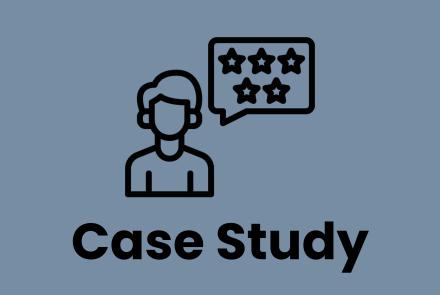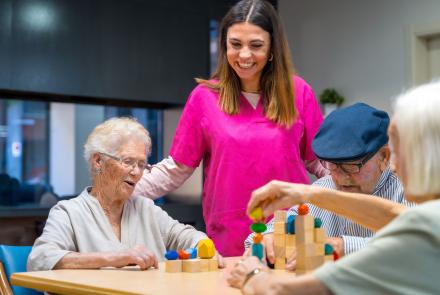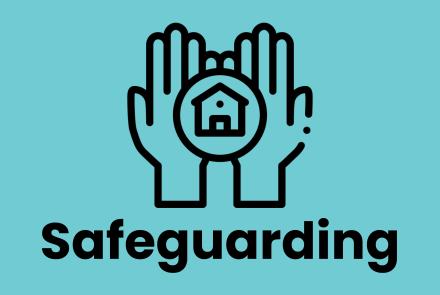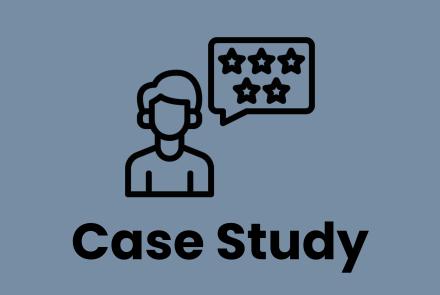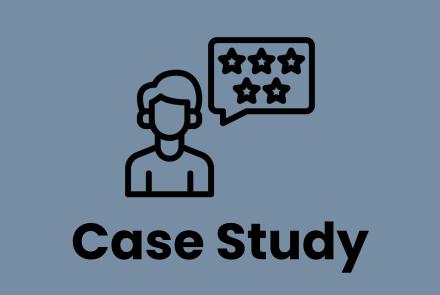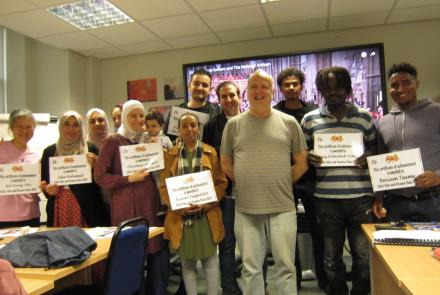Monthly safeguarding bulletin - October 2024
Safeguarding Bulletin – October 2024
NHS 111 offers new mental health service
People in crisis with mental health problems can now access services through NHS 111 in England, giving them another way to get urgent help offering mental health support alongside that for physical problems.
'Just call 111, press 2'
The number connects to a local team of call handlers with mental health training, alongside nurses and clinicians who are available around the clock.
The team can organise a mental health assessment, send out a crisis team and flag up help available in the local area. A talking-therapy service is also available - people can refer themselves to it online via nhs.uk.
A similar service exists in Wales and Scotland.
For future information and support:
NHS 111 offers new mental health service - BBC News
Educators Guide to Snapchat
Snapchat, one of the most frequently used messaging services for 13-18-year olds, have released a guide for educators, with a few resources, to help staff understand how learners use the app and the safety features that are available. Snapchat is often the most popular app used by children from Primary upwards, yet many staff don't really know how the app works or what features are available. There's even a short video which explains what Snapchat is and how teens use it, which may be useful place to start.
The guide can be viewed here.
Snapchat also released new safety features in late June which may be useful to share with parents or colleagues. These new features include expanded in-app warnings, enhanced friending protections, simplified location sharing and improvements to blocking.
You can find out more about the new safety features here.
Instagram boosts privacy and parental control on teen accounts
Instagram is overhauling the way it works for teenagers, promising more "built-in protections" for young people and added controls and reassurance for parents.
The new “teen accounts” are being introduced from Tuesday in the UK, US, Canada, and Australia.
They will turn many privacy settings on by default for all under 18s, including making their content unviewable to people who don't follow them, and making them actively approve all new followers.
But children aged 13 to 15 will only be able to adjust the settings by adding a parent or guardian to their account.
Social media companies are under pressure worldwide to make their platforms safer, with concerns that not enough is being done to shield young people from harmful content.
For more information:
Instagram gives parents more control over teen accounts - BBC News
Introducing New Parental Controls and Teen Privacy Defaults (instagram.com)
Prevent
The current UK national terrorist threat level is ‘substantial’, which is defined as ‘an attack is likely’. This level has been unchanged since February 2022 and is set by the Joint Terrorism Analysis Centre and the Security Service (MI5).
The threat to Northern Ireland from Northern Ireland-related terrorism is ‘severe’, which is defined as ‘an attack is highly likely’.
More information available here.
Hertfordshire man admits Wagner Group claims
Piotr Kucharski, 49, from Watford, was convicted in August of professing to be a member of the proscribed military organisation Wagner Group. This was after he amended a previous ‘not guilty’ plea.
Detectives found that, in October 2023, Kucharski had attended a combat and re-enactment event in Suffolk, despite previously being banned from the group. While there he proceeded to threaten participants at the event, telling people he was a member of Wagner Group and that he had previously fought in Ukraine. Following a disagreement with another attendee, Kucharski then made a cutthroat symbol and, while walking away from others, began slashing the air with a knife.
After officers from Suffolk Police were called, he was initially arrested for a public order offence and possession of a bladed article, although he was subsequently re-arrested under terrorism legislation after officers found Wagner Group badges sown to his camouflage jacket. He was charged with professing to be a member of a proscribed organisation, namely The Wagner Group, contrary to section 11 (1) of the Terrorism Act 2000.
He will be sentenced in November.
Head of the Eastern Regional Organised Crime Unit (ERSOU) said:
“Kucharski was clearly intent on causing alarm and distress by feigning membership of Wagner Group, and he was promptly arrested after concerned members of the public raised the alarm about his behaviour. There’s no indication that he fought in Ukraine or was actually a member of Wagner Group, however pertaining to have done so is also a severe offence, particularly given he was very overt with his support for the banned group.”
More information available here.
Bristol man convicted of sharing extreme Islamist terrorist publications
In August, 21 year old Faseh Sajid, from Bristol, was found guilty and convicted of five counts of dissemination of a terrorist publication contrary to Section 2 of the Terrorism Act 2006.
Officers seized a number of electronic devices from his family home which, following examination, were found to contain evidence of his extreme Islamist ideology. He was arrested by officers from Counter Terrorism Policing SE in January 2023.
The court heard that officers found a large amount of material on the social media messaging app Telegram on Sajid’s mobile phone. He used the name ‘John Ross’ in his Telegram chats, stating in one of the chats that it was to avoid him getting arrested. Further investigation revealed that Sajid regularly shared material with other users on the chats and downloaded, edited, and created his own videos based on ISIS footage which he further shared. The videos he created contained footage of soldiers fighting, mass executions, beheadings, ISIS flag waving and celebrations carried out to the sound of hip hop or techno music.
On the chats, he often requested specific videos and nasheeds (songs) related to ISIS, which he used to create his own videos. The court also heard details of how Sajid had sent a video published by the Al Qaeda media wing which encouraged terrorism against the West. It featured footage of the Lee Rigby killers, ALM members, imagery of 9/11 and jihadi fighters training, the 7/7 bombings and a video of Osama Bin Laden.
Evidence showed that he was also part of group chats with other members in which they shared graphic and extremist content with each other.
The Detective Chief Superintendent of CTPSE, commented:
“Sajid shared a large number of horrific videos including graphic beheadings, ISIS footage and other content which reflected his extreme Islamist mindset. He attempted to cover his tracks in his social media messages but it is clear much of the material he sent could be defined as terrorist publications. The harm caused by sharing this type of content with others cannot be underestimated. It can be picked up by others and this dangerous rhetoric can then be spread far and wide. If you know someone who is sharing concerning content, it’s really important you report it to keep our communities safe.”
More information available here.
Top reported crimes for some of our regions
The following were the most commonly reported crimes to police during the month of June 2024:
Leicester
Violence and sexual offences - 148
Shoplifting - 77
Public Order - 61
Other theft - 44
Halifax
Violence and sexual offences - 508
Public Order - 124
Anti-social behaviour - 116
Criminal damage and arson - 88
Darlington
Violence and sexual offences - 62
Shoplifting - 38
Anti-social behaviour - 35
Criminal damage and arson - 22
Statistics taken from Police
Attention Deficit and Hyperactivity Disorder (ADHD)
Attention deficit hyperactivity disorder (ADHD) is a condition that affects people's behaviour. People with ADHD can seem restless, will act without thinking and they may have trouble concentrating and act on impulse.
The exact cause of ADHD is unknown, but the condition has been shown to run in families. ADHD can occur in people of any intellectual ability, although it is more common in people with learning difficulties. Most cases are diagnosed in childhood, but sometimes the condition is diagnosed later, and not recognised until later in life as an adult.
ADHD can have a lifetime impact, with a range of interdependencies with the health, wellbeing, social integration, and quality of life of individuals and families.
The symptoms of ADHD usually improve with age, but many adults who were diagnosed with the condition at a young age continue to experience problems and face challenges. People with ADHD may also have additional problems, such as sleep and anxiety disorders.
Many people can go undiagnosed, so therefore raising awareness of ADHD is so vitally important and lots of extensive research is being carried out to improve diagnoses, get the message out about the condition and develop the right structured support for people with ADHD.
NHS data last given in August 2024 has shown the number of adults in England prescribed medication for attention deficit hyperactivity disorder (ADHD) in 2023/24 increased by 27.7% compared to the previous year.
ADHD is best treated using a combination of different medical and therapeutic interventions, along lifestyle support and services. The combination of intervention and support should be tailored to the needs of the individual, and can make a considerable different to day to day life living with ADHD, and reaching personal life goals.
Hyperactivity and impulsiveness can also be presented as follows:
- Being unable to sit still, especially in calm or quiet surroundings
- Being unable to concentrate on tasks
- Excessive physical movement
- Excessive talking and interrupting others
- Being unable to wait their turn
- Difficulty focusing
Common causes of ADHD
- Brain injury
- Exposure to environmental risks (e.g., lead) during pregnancy or at a young age
- Alcohol and tobacco use during pregnancy
- Premature delivery
- Low birth weight
Things that can help ADHD:
- Organisation and time management, using tools to help
- Following instructions step by step
- Focusing and completing tasks using a timetable and set structure
- Coping with stress
- Get plenty of exercise
- Take activity breaks
- Learn to meditate
- Pay attention to all the good things about you
For more information, please click the link below for the ADHD.UK website, where you can find out more about ADHD, and get involved in their fundraising, as well as access resources and newsletters to help someone with ADHD.
There is also a diagnosis pathway page to help you get help if you feel you may have ADHD and need some advice and support.
Safeguarding Team Contacts
Gina Stephens Lead DSL 07867 260276
Janine Ridley Deputy Lead DSL 07771 672491


